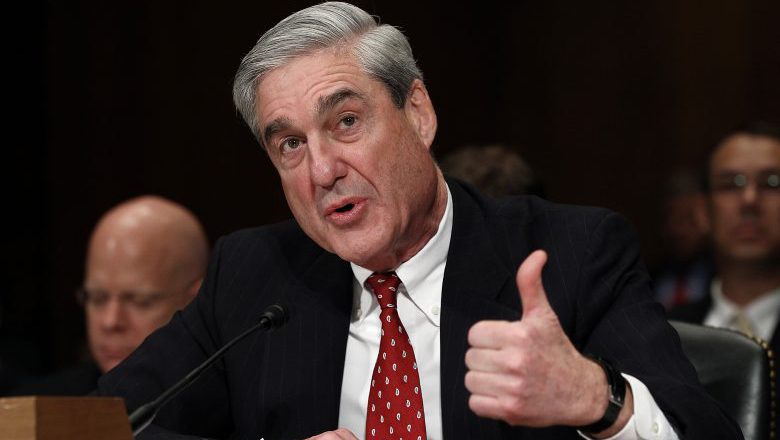
FBI Director Robert Mueller testifies before the Senate Judiciary Committee during a oversight hearing on Capitol Hill December 14, 2011 in Washington, DC. (Getty)
Robert Mueller is the special counsel investigating possible ties between the Russian government and the Donald Trump 2016 presidential campaign. His appointment came a week after FBI Director James Comey was fired by President Trump, so does the president have the authority to fire Robert Mueller like he did Comey?
Trump could not fire Robert Mueller on his own, but his attorney general does have this authority. If Trump wanted Mueller gone, then, he could simply instruct his attorney general to fire him. However, since Jeff Sessions has recused himself from the Russia investigation, this responsibility of firing Mueller would be passed to Deputy Attorney General Rod Rosenstein.
It would then be up to Rosenstein, the man who hired Mueller in the first place, whether he should comply with the president’s orders and fire the special counsel. While the president could not bypass Rosenstein and fire Mueller himself, he could fire Rosenstein and replace him with a deputy attorney general who will agree to fire Mueller.
In fact, this is precisely what happened under President Richard Nixon in October 1973 in what has come to be known as the Saturday Night Massacre. Nixon wanted to fire Archibald Cox, the independent prosecutor who was investigating Watergate. He ordered his attorney general, Elliot Richardson, to fire Cox, but Richardson refused and instead resigned. Nixon then ordered the deputy attorney general, William Ruckelshaus, to fire Cox. Ruckelshaus also refused and resigned. Solicitor General Robert Bork was finally the one to fire Cox.
President Trump, then, only has the power to order his subordinates to fire Robert Mueller, but if they were to refuse, he could replace them with people who would follow his orders and fire Mueller. Technically, Trump could also order the special counsel regulations be repealed and then fire Robert Mueller directly.
“Either of those actions was unthinkable to us back in 1999, for we understood that President Richard Nixon’s attempt in this regard ultimately led to his downfall,” Neal Katyal, the former solicitor general of the United States who wrote the Justice Department’s special-counsel regulations, said in The Washington Post. “At the same time, after Trump’s firing of FBI Director James B. Comey this month, many things once thought beyond the realm of possibility look less so now.”
The Justice Department’s special counsel regulations do say that the special counsel should only be fired if he or she takes some action that is “so inappropriate or unwarranted under established departmental practices that it should not be pursued.” The attorney general must also notify the House and Senate Judiciary Committees of their decision to fire the special counsel.
So will President Trump actually fire Robert Mueller? The president himself has not yet said anything about this, but Chris Ruddy, a Trump confidante, told PBS on Monday that Trump is “considering perhaps terminating the special counsel.” White House officials subsequently said that Trump firing Mueller is unlikely.
